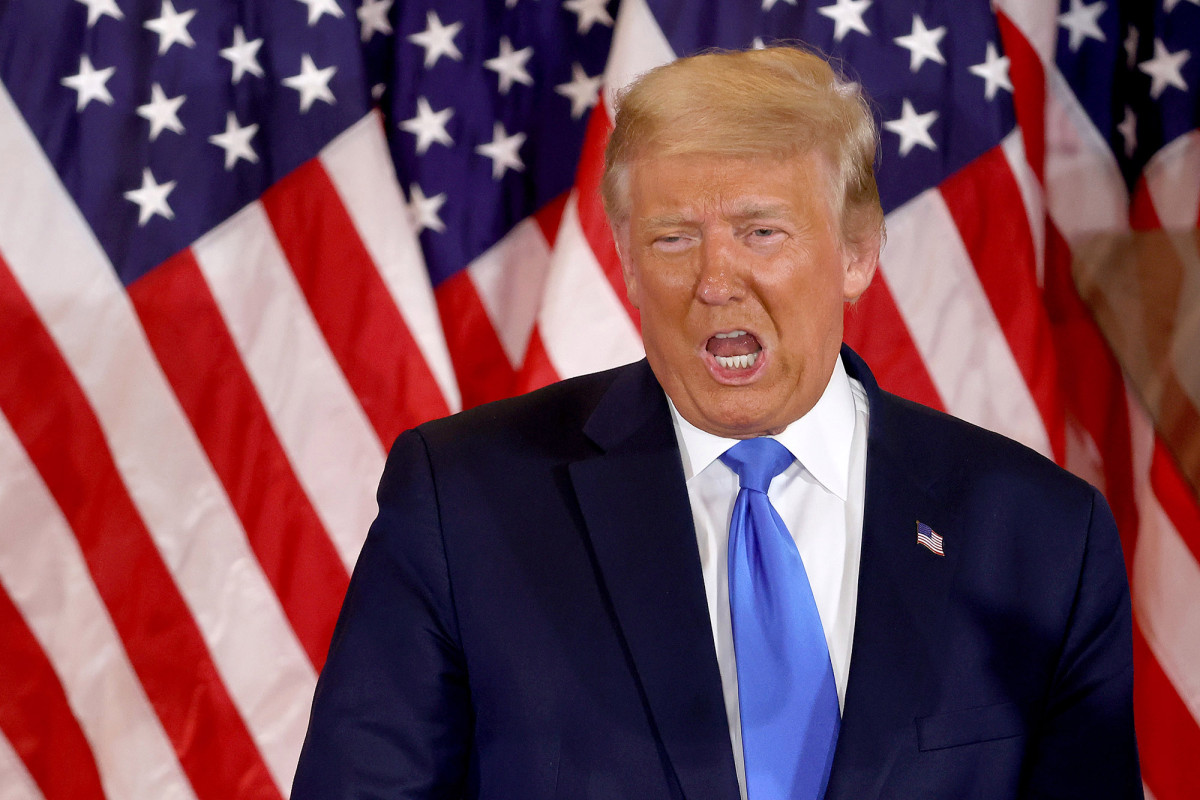To make my biases clear at the outset, I’ve been appalled at how Donald Trump has been fomenting racism, sexism, and political polarisation ever since he ran for office (he was doing so before but in a less impactful way).
Last week’s invasion of the Capitol was one of the more depressing events I have witnessed, in terms of what it said about our species and our commitment to rational debate and communal welfare, and because of how it highlighted the extent to which Trump (and others) are willing to exploit trust and violate norms of decency for personal gain.
Nevertheless, he shouldn’t be allowed the power to serve as the sort of distraction that allows Twitter or Facebook (etc.) to install a Trojan horse that redefines who gets to speak, what they can say, and when they are allowed to say whatever it is.
Here’s the thing: if you care about social media companies like Twitter defining acceptable speech, that should have been something you cared about long before they banned Trump, and which should (probably) have led you to not signing up with that service.
Trump is a distraction here – he is highlighting or revealing your selective attention if you are suddenly concerned with this issue, yet chose to ignore it before. According to their terms of service, they were quite within their rights to ban him, because he violated those terms.
What you can do is complain about or discuss the inconsistency of application – why now and not five years ago, why him and not also Ayatollah Khomeini, and so forth.
But then, Trump would just be an example in a more general argument, and I’d still be curious as to why you only care about the argument now, rather than at various points in the past when they have either banned (or not banned) other people.
And in this particular case, it’s quite simply absurd to complain about Trump’s free speech being violated (leaving aside the standard debate about “censorship” and whether that’s the correct term to apply to non-state actors), when he could at least call a press conference denouncing the choice, that would have a global reach, or perhaps do even more, like craft a bonkers Executive Order that messes with their business.
So on the real issue: should social media firms, in general, have the right to ban users? Curiously, forcing them to allow any given voice a platform would be the sort of thing that the people who now call themselves “liberals” would usually be expected to decry, in that it sounds suspiciously like state control of media (for the Trump example, at least).
My answer would be a qualified “yes”. They have no obligation to publicise any particular voice or viewpoint. But, unless the company in question is an explicit vehicle for an ideology (religious networks, Crossfit, low-carb diet conferences, etc.), I would hope – and I don’t think this should be legally required – that they would do so in a transparent and consistent way.
Because this is really the problem with the Trump ban, as many on Twitter have pointed out – he’s been banned at a time where it is politically opportune to do so, where public sentiments would let you get away with it (maybe even demand it), and where there is little chance of negative consequence because the guy you’re pissing off has a week left before he becomes simply a fake billionaire, rather than a fake billionaire who is also President of the USA.
In other words, it reveals a complete lack of principle, masquerading as a principled decision.
Instead, make the principles more clear, the show worked examples from politicians and others explaining why you made the decisions you did, convene an ethics panel (including external representatives) who decide on the bannings, and make all of these documents, deliberations and decisions public.
Then, perhaps, people can start to trust you, regardless of the Trump example.



